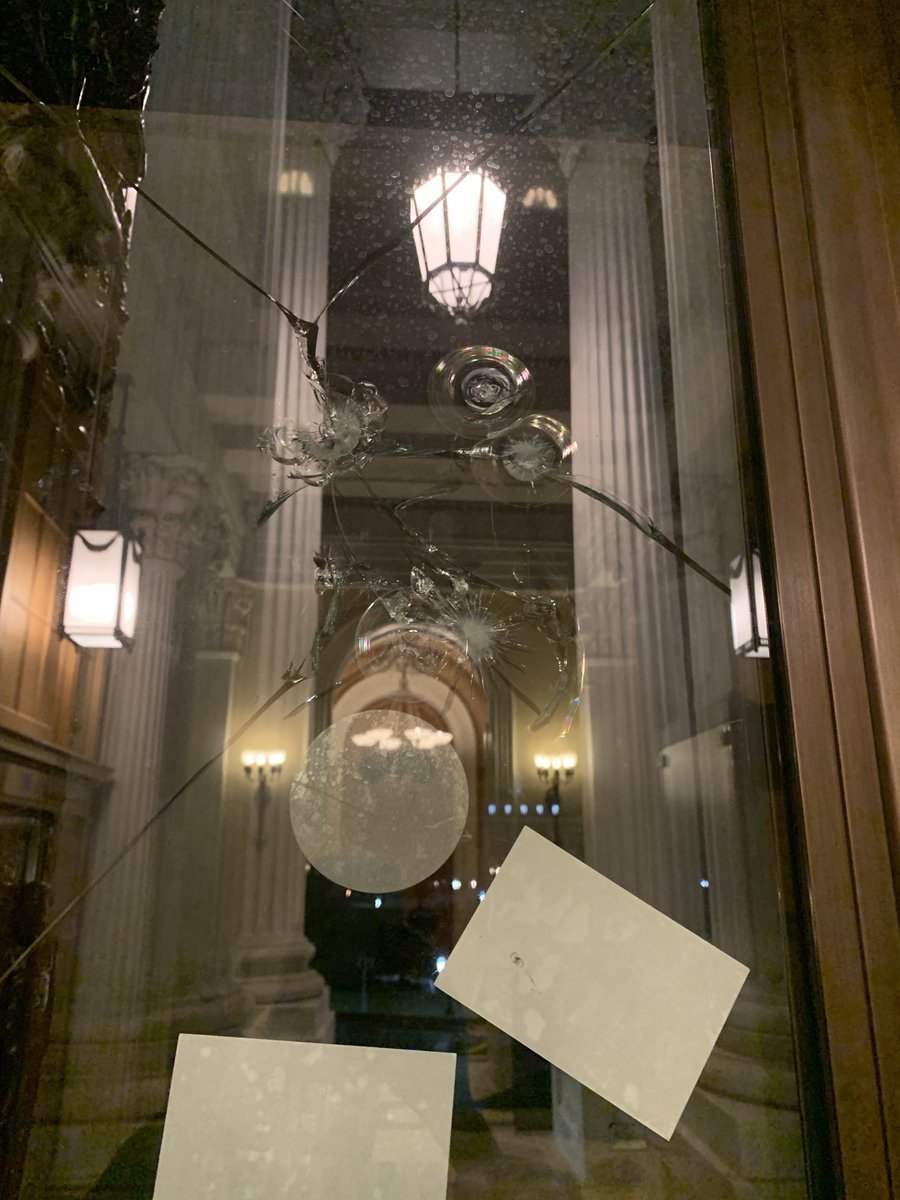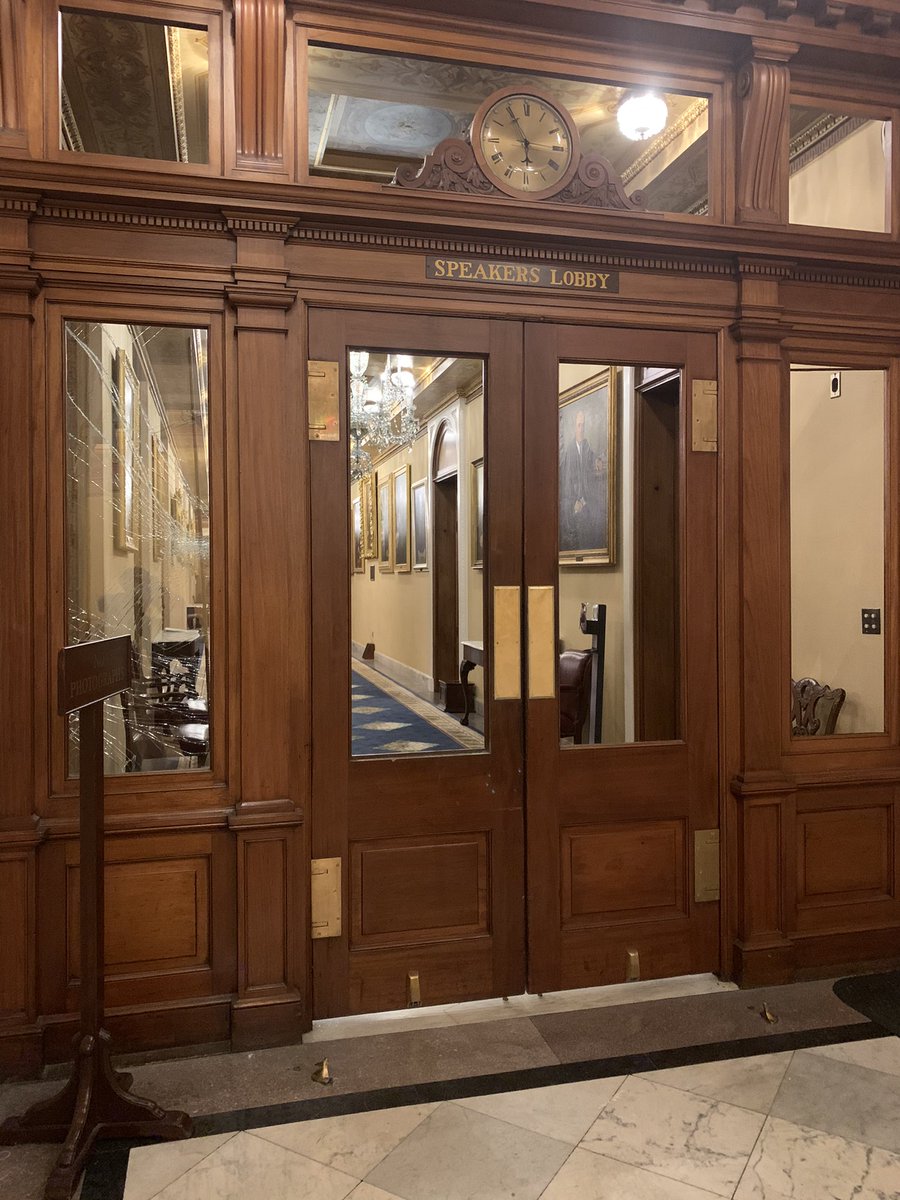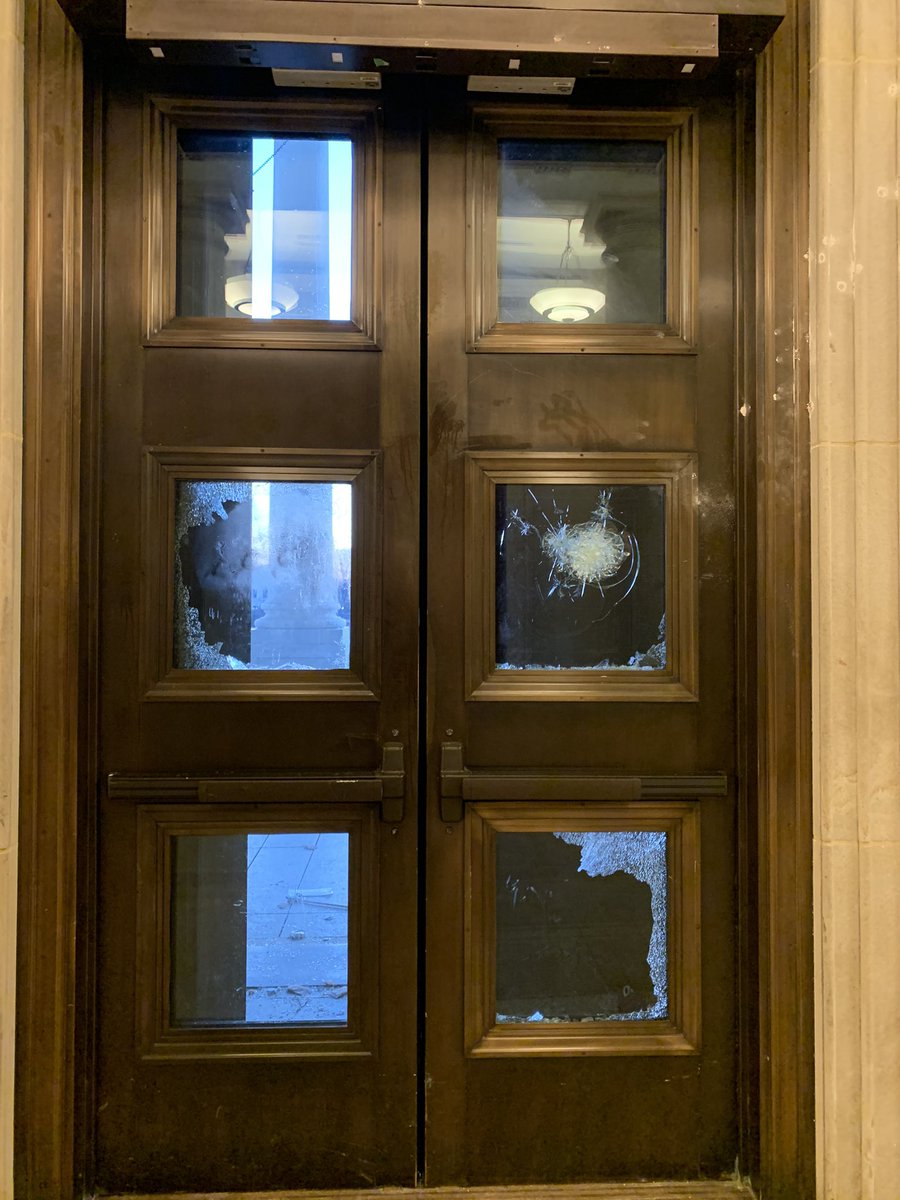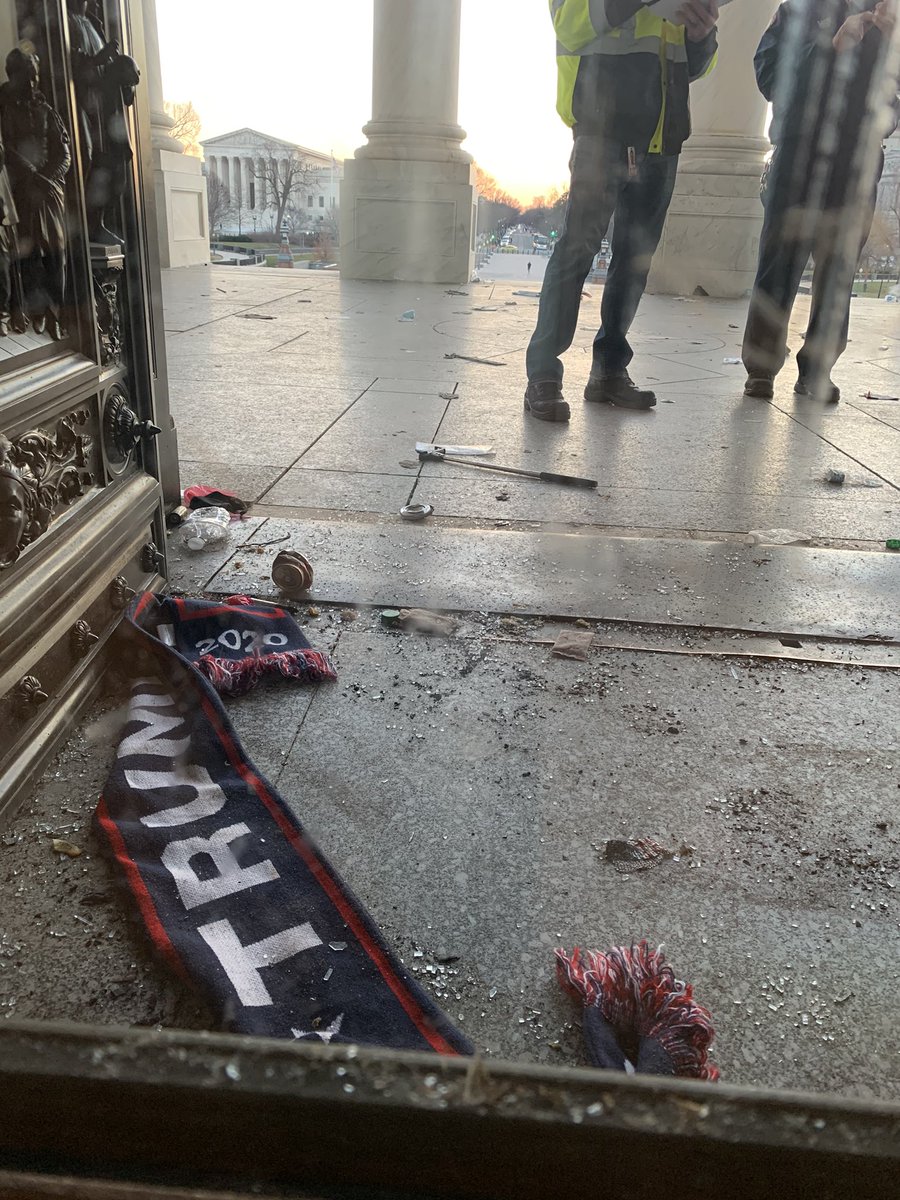This is terrible weighing of the costs and benefits of the pardon power. I think Senator Murphy woefully undervalues its utility. /1
Once one party allows the pardon power to become a tool of criminal enterprise, its danger to democracy outweighs its utility as an instrument of justice.
— Chris Murphy (@ChrisMurphyCT) December 24, 2020
It\u2019s time to remove the pardon power from the Constitution.
More from Crime
My students @maxzks and Tushar Jois spent most of the summer going through every piece of public documentation, forensics report, and legal document we could find to figure out how police were “breaking phone encryption”. 1/
This was prompted by a claim from someone knowledgeable, who claimed that forensics companies no longer had the ability to break the Apple Secure Enclave Processor, which would make it very hard to crack the password of a locked, recent iPhone. 2/
We wrote an enormous report about what we found, which we’ll release after the holidays. The TL;DR is kind of depressing:
Authorities don’t need to break phone encryption in most cases, because modern phone encryption sort of sucks. 3/
I’ll focus on Apple here but Android is very similar. The top-level is that, to break encryption on an Apple phone you need to get the encryption keys. Since these are derived from the user’s passcode, you either need to guess that — or you need the user to have entered it. 4/
Guessing the password is hard on recent iPhones because there’s (at most) a 10-guess limit enforced by the Secure Enclave Processor (SEP). There’s good evidence that at one point in 2018 a company called GrayKey had a SEP exploit that did this for the X. See photo. 5/
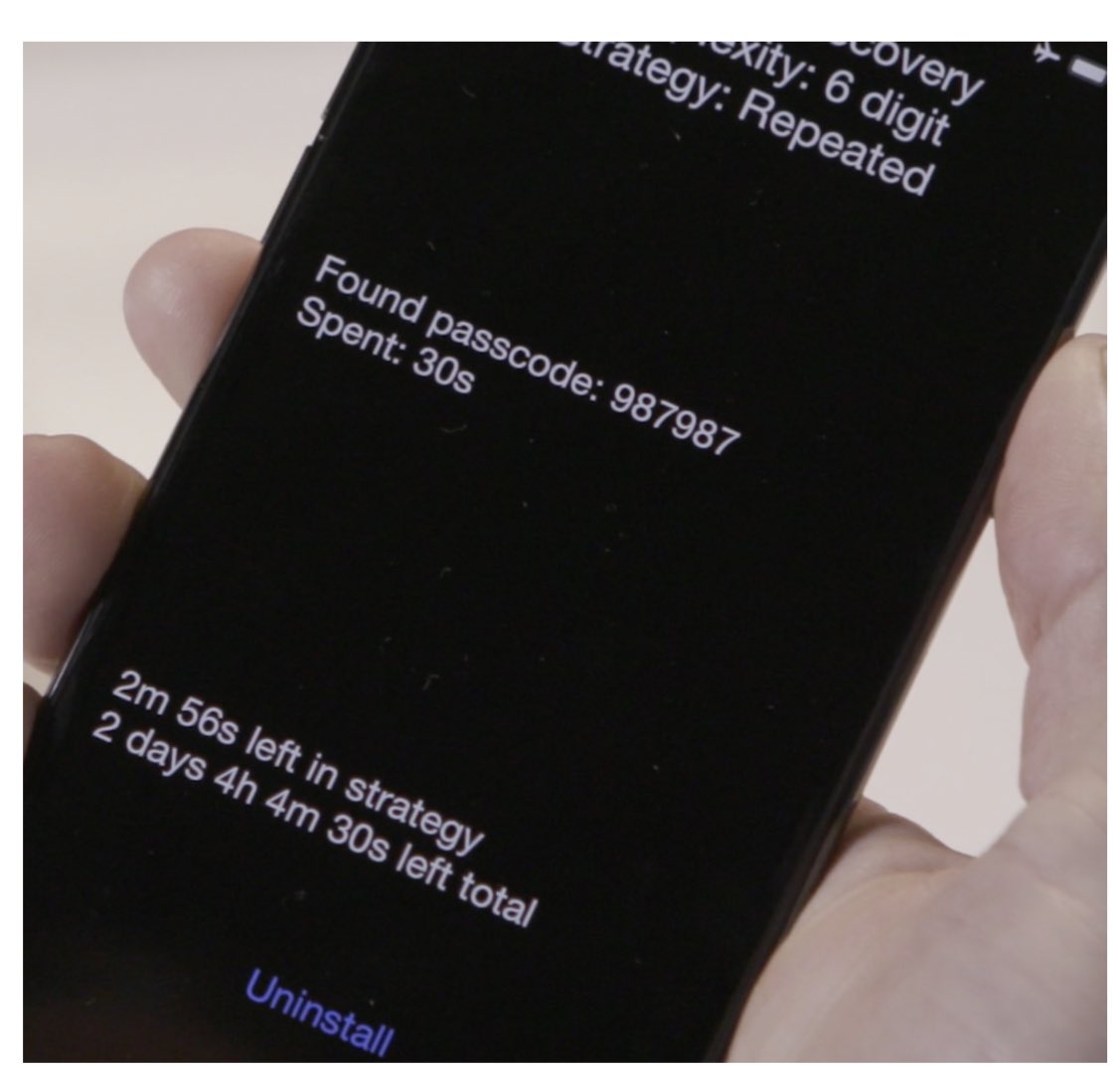
ACLU is suing the FBI over its efforts to break into encrypted devices. https://t.co/TN8X0Slmnf
— Zack Whittaker (@zackwhittaker) December 22, 2020
This was prompted by a claim from someone knowledgeable, who claimed that forensics companies no longer had the ability to break the Apple Secure Enclave Processor, which would make it very hard to crack the password of a locked, recent iPhone. 2/
We wrote an enormous report about what we found, which we’ll release after the holidays. The TL;DR is kind of depressing:
Authorities don’t need to break phone encryption in most cases, because modern phone encryption sort of sucks. 3/
I’ll focus on Apple here but Android is very similar. The top-level is that, to break encryption on an Apple phone you need to get the encryption keys. Since these are derived from the user’s passcode, you either need to guess that — or you need the user to have entered it. 4/
Guessing the password is hard on recent iPhones because there’s (at most) a 10-guess limit enforced by the Secure Enclave Processor (SEP). There’s good evidence that at one point in 2018 a company called GrayKey had a SEP exploit that did this for the X. See photo. 5/







